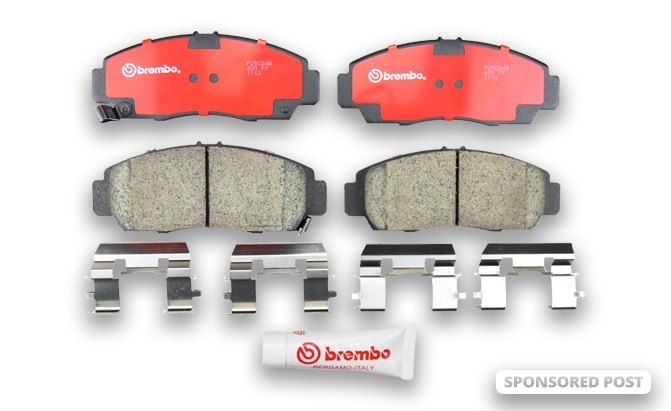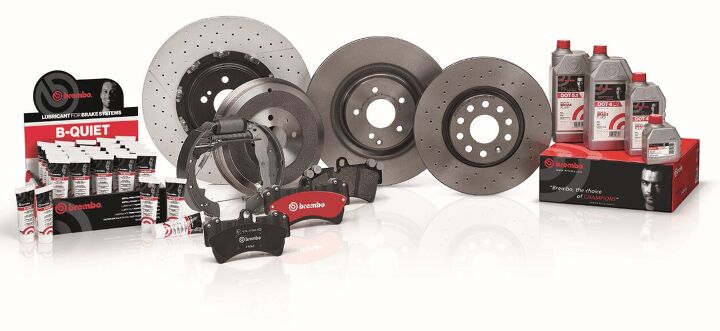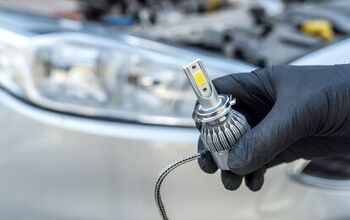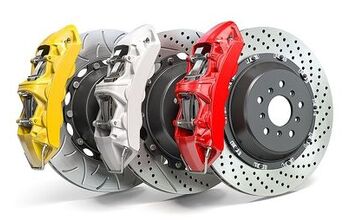Improving Your Car's Brakes
Regular maintenance doesn’t just keep your brakes working well, it also extends their lifespan. Whether it’s new pads and rotors or replacement brake fluid, this is your guide to overall system upkeep.
Whether your brakes feel mushy, make strange noises or just don’t seem to work as well as they used to, numerous simple and easy steps can be taken to restore and improve their performance. Your vehicle’s braking system is arguably its most important safety feature and sub-par performance isn’t only unpleasant but it can be downright dangerous.
Read on for a look at a few simple ways to get your braking system back into tip-top shape, with minimal time, money and effort.
Have It Assessed
Your braking system has several ways of telling you it needs some attention. These include unwelcomed noises like scraping or squealing, a soft feel at the brake pedal, a brake pedal that needs to be pressed harder and longer to get the car to stop, and even a warning light or message displayed in the instrument cluster of some cars. In some cases, a vehicle may pull to one side or another, as if being steered on its own, when the brakes are applied.
Each of the above can be taken as an invitation from your braking system to have a professional assess it. In short order, your favorite technician can determine what sort of servicing, maintenance or replacement parts are required to bring your brakes back up to spec.
Remember: many components in your vehicle’s braking system wear out slightly every time you use them. And, like all parts of your vehicle, periodic servicing, preventative maintenance and replacement of these parts is absolutely vital for maximum performance and safety.
Brake Fluid
When it comes to automotive fluids, engine oil tends to take the spotlight; but just like your engine, your vehicle’s brakes rely on a clean, fresh supply of a specific fluid for proper operation. Brake fluid breaks down, wears out, and otherwise becomes less effective over time. Usually, this happens so slowly that drivers fail to realize it — which is why so many owners fail to replace their brake fluid on time, if at all.
As a general rule, you should change the brake fluid in any used car you buy (unless you know it’s been changed recently) for maximum peace of mind. Don’t underestimate the difference a fresh supply of brake fluid can make to the performance and consistency of your vehicle’s braking, especially if the current fluid is old and worn out.
New Pads and Rotors
Brake pads and brake rotors are located behind each of your vehicle’s wheels. Driven by the hydraulic force delivered by brake fluid, these parts work in sync to generate the massive amounts of friction required to stop your car whenever you hit the brakes. But brake pads and rotors are just like tires: due to friction and heat, they wear out a little every time you use them until they need to be replaced. Often times, a new set of pads and rotors is all that’s needed to fully restore your vehicle’s braking performance back to factory spec.
Servicing and Clean-Up
Sometimes, just like us humans, your vehicle’s brakes can benefit from a little pampering. Check the owner’s manual in your vehicle and look up the service requirements for its braking system under the maintenance section. On occasion, your vehicle may require having its brake system components removed, dismantled, inspected, cleaned, lubricated and re-installed. This procedure should typically be completed every year or so, and the more often the better. Preventative maintenance like this can help your braking system’s pricier parts (like calipers) last longer and perform better for the long haul and may fend off other issues too.
An occasional tear-down and clean-up of your car’s brakes can go a long way towards trouble-free driving for years to come. This is especially true if your vehicle is frequently subjected to severe use — like towing, lengthy drives in hilly or dusty terrain, or in motorsports and racing.
More by AutoGuide.com Staff




































Comments
Join the conversation